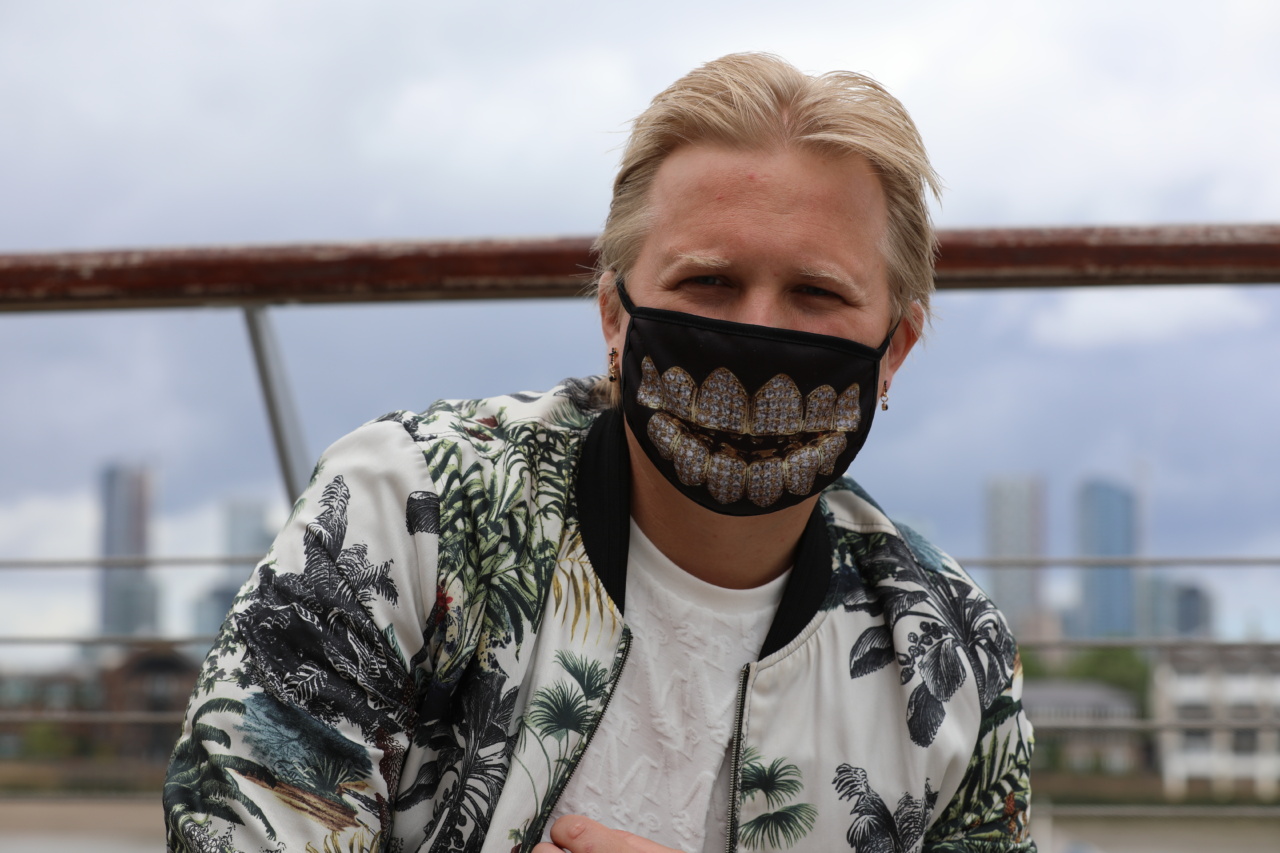Many individuals experience shifting of teeth at some point in their lives. This can be a cause of concern for some, while others may consider it a harmless part of aging or the result of poor oral hygiene.
So, is your teeth shifting normal? Let’s explore this topic in detail.
Understanding the Natural Position of Teeth
Our teeth are not fixed in one position; rather, they are held in place by the surrounding gum tissue, ligaments, and bone. Thus, a certain degree of movement is expected throughout our lives.
In fact, teeth may shift slightly even in individuals with excellent oral health and no underlying dental issues.
Typically, teeth are aligned in an arch shape, supported by the upper and lower jaws. The normal position of teeth allows for efficient chewing, speaking, and overall oral functionality. Changes in this alignment can occur for various reasons.
Common Causes of Teeth Shifting
There are several factors that can lead to teeth shifting. These include:.
1. Natural Aging Process
As we age, our bodies undergo numerous changes, including the loss of bone density and decreased gum support. This can gradually affect the stability of teeth, causing them to shift over time.
2. Oral Habits
Some oral habits can contribute to teeth shifting. These include tongue thrusting, nail-biting, thumb-sucking, and constantly resting the tongue against the teeth.
These habits exert continuous pressure on the teeth and can lead to misalignment or shifting.
3. Dental Conditions
Certain dental conditions can also cause teeth to shift. Periodontal disease, for instance, damages the supporting structures of the teeth, resulting in their movement.
Additionally, untreated cavities can lead to tooth loss, causing neighboring teeth to shift into the empty space.
4. Trauma or Injury
Accidents or injuries that affect the mouth or jaw can disrupt the normal alignment of teeth. In such cases, immediate dental intervention is necessary to prevent further shifting and restore proper alignment.
5. Changes in Bite
Having a misaligned bite, such as an overbite, underbite, or crossbite, can exert excessive pressure on certain teeth. Over time, this pressure can cause these teeth to shift in an attempt to establish a more balanced bite.
When Does Teeth Shifting Become Abnormal?
While some degree of teeth shifting is considered normal, there are instances where it can indicate an underlying issue that requires attention. The following signs may suggest abnormal teeth shifting:.
1. Rapid and Excessive Shifting
If you notice a sudden and significant change in the position of your teeth, it is important to consult with a dentist.
Rapid and excessive shifting can be a sign of a dental problem or condition that needs immediate attention, such as gum disease or an untreated cavity.
2. Pain or Discomfort
Teeth shifting accompanied by pain, sensitivity, or discomfort may indicate a more serious underlying issue. These symptoms could be signs of an infection, gum disease, or impacted teeth. Seeking professional advice is crucial in such cases.
3. Difficulty in Chewing or Speaking
If teeth shifting affects your ability to chew or speak properly, it is essential to consult a dentist. This may indicate a significant misalignment that needs to be addressed to restore normal oral functionality.
Preventing Unwanted Teeth Shifting
While some causes of teeth shifting are beyond our control, there are preventive measures that can help maintain proper alignment. These include:.
1. Good Oral Hygiene
Practicing good oral hygiene habits, such as brushing twice a day, flossing regularly, and visiting the dentist for routine check-ups, can aid in preventing dental issues that may lead to teeth shifting.
2. Addressing Oral Habits
Identifying and addressing harmful oral habits, such as tongue thrusting or nail-biting, can prevent unnecessary pressure on the teeth and minimize the risk of shifting.
3. Wearing Retainers
After orthodontic treatment, wearing retainers as prescribed by your orthodontist helps maintain the achieved results and prevent teeth from shifting back to their original positions.
4. Protecting Your Teeth
Using mouthguards during sports or activities that could cause facial or dental trauma can help protect your teeth from injury, which can lead to shifting.
Conclusion
Teeth shifting to some extent is a normal phenomenon, particularly as we age. Understanding the causes and recognizing abnormal signs can help determine when professional dental care is necessary.
By practicing good oral hygiene and seeking timely dental interventions, you can prevent unwanted teeth shifting and maintain a healthy, properly aligned smile.






























